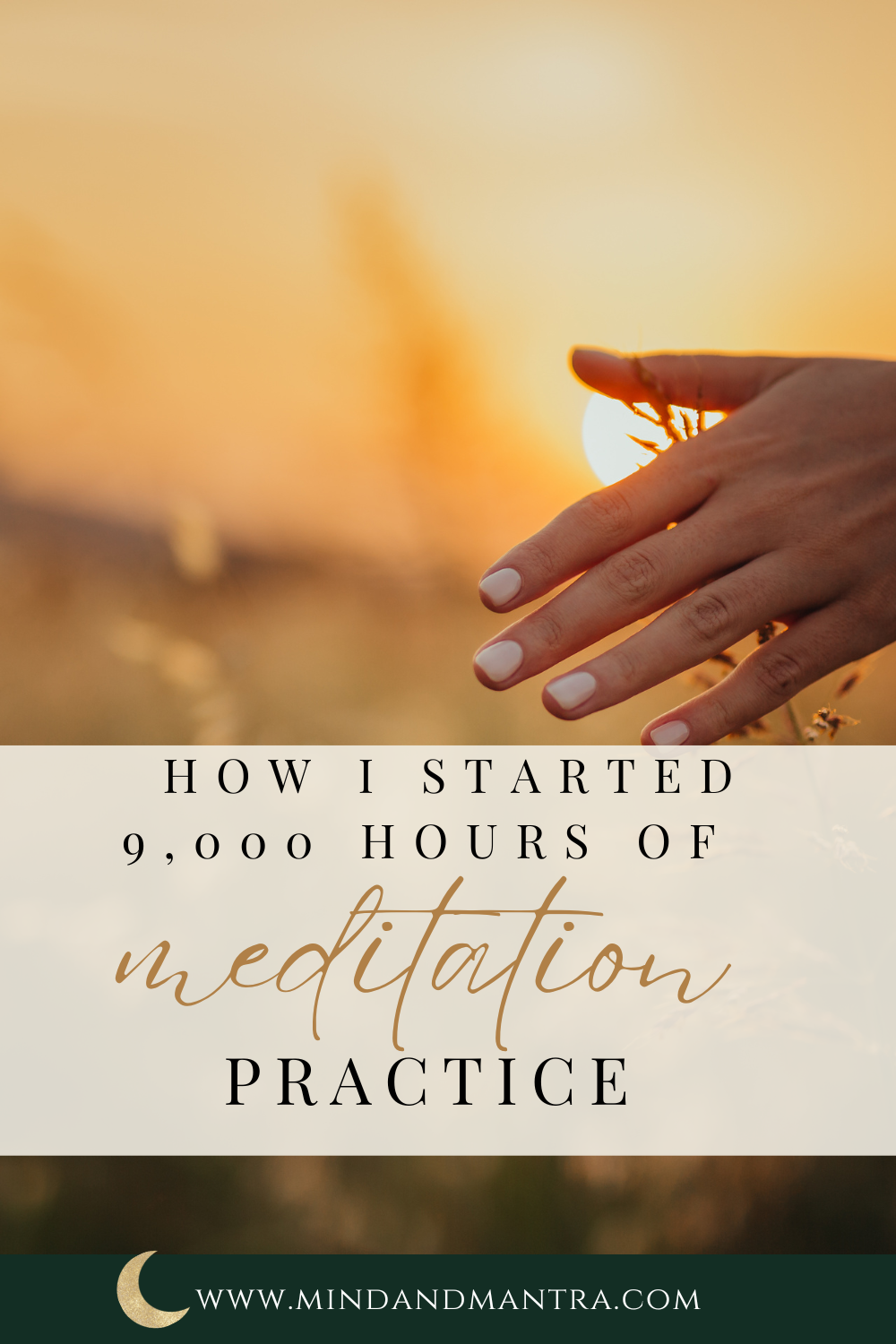4 Types of Journaling and it’s Major Benefits-Plus 20 Journaling Prompts to Get you Started!
Journaling and it’s Major Benefits plus 20 Journaling Prompts to Get you started on your healing journal
In today's fast-paced world, it's more important than ever to find ways to slow down and recenter yourself. One ancient practice that has resurfaced in recent years is journaling. From Physical Therapists to CEOs, more and more people are incorporating this simple practice into their daily routine and reaping the many benefits that come along with it.
Journaling is a highly effective and recommended form of self-therapy, more on that in a minute.
First, why do people journal?
For many, journaling is a form of self-care, a way to process and make sense of the events of the day. For others, journaling is a way to document their lives, to capture memories and thoughts that would otherwise be lost.
Some journal to vent their feelings, while others use it for self-healing. It can also be used as a tool for goal setting and manifesting their dreams.
No matter what your reason for journaling, there are endless benefits to be gained from this simple act of self-expression.
But what exactly is journaling, and how can it help us in our modern lives?
Journaling is simply the act of writing down your thoughts, feelings, and experiences on a regular basis. This can be done in a traditional paper journal or notebook, or on a computer or phone using any number of digital journaling apps.
I have several self healing journals you can download for free here.
No matter what method you choose, there are many proven benefits to be gained from regular journaling
Here are some nuggets we will discuss today in this post…
4 ways journaling can heal you
Boosts creativity
Helps manifest dreams and goals
Reduces anxiety and depression
Can help you stick to a meditation practice for good
And I have provided 5 prompts for each category above to get you going!
Let’s dig in!
Journaling Boosts Creativity:
1. Boosts creativity and problem-solving abilities: When you take the time to sit down and write out your thoughts, you're giving your brain a much-needed break from the non-stop input it's bombarded with on a daily basis. This break allows you to tap into your creative side and come up with new ideas and solutions that you may not have thought of before.
Many people find journaling to be a helpful way to process their thoughts and emotions. If you're feeling stuck creatively, journaling can also be a great way to get your ideas flowing again.
Here are five journaling prompts to jumpstart your creativity:
1.Write about a time when you felt really creative. What were you doing? What inspired you in that moment?
2.Think of someone who is creative that you admire. What do you admire about them? How do they approach creativity?
3.What are some things you've always wanted to do or create, but haven't had the chance yet? Why haven't you pursued them?
4.If you could have any creative talent, what would it be? How would you use it?
5.How does creativity make you feel? Is there anything you're afraid of when it comes to being creative? Why?
And one more as a bonus: Write about a place or location, real or imaginary that inspires you to create.
By reflecting on past experiences, looking at role models, and identifying goals and fears, you can start to develop a more positive relationship with creativity. Give these prompts a try and see where they take you!
Journaling can help you Manifest your Goals and Dreams:
2. Manifest your goals and dreams: Studies have shown that regularly writing about your goals and dreams makes you far more likely to achieve them than if you simply keep them stored away in your head. Journaling allows you to have clarity on what you want out of life and develop a plan to make those things happen.
1. Write about a time when you felt really proud of yourself. What did you do? How did it make you feel?
2. Make a list of 100 things you want to do in your lifetime. big or small, serious or silly - anything goes!
3. journal about your biggest fears and what steps you can take to face them.
4. Write about a time when you overcame adversity. What did you learn from the experience?
5.Think of someone who has made a positive impact on your life. Write a letter of gratitude to them, expressing how much they mean to you.
Journaling can help you Reduce Anxiety and Depression:
3. Writing about your anxieties and fears can help them feel less daunting and more manageable. It also gives you a chance to reflect on the positive aspects of your life, which can help offset negative thinking patterns associated with depression.
Journaling has been scientifically shown to help reduce levels of anxiety and depression. In fact, journaling is often recommended by therapists as a form of self-care.
If you're looking for some journal prompts that specifically target anxiety and depression, here are five that may be helpful:
1. What are three things you're grateful for today? Research has shown that gratitude journaling can help reduce symptoms of depression.
2. What worries are you holding onto right now? Writing down your worries can help you to better understand and manage them.
3. What did you do today that made you feel good? Focusing on positive experiences can help to boost your mood and reduce anxiety.
4. Who are the people in your life who make you feel supported and loved? Reflecting on your relationships can be a great way to increase feelings of happiness and well-being.
5. What are your intentions for the week ahead? Setting goals and intentions for the week can help you to stay focused and motivated, even when feeling low.
Give these a try if you're looking for a way to reduce anxiety and depression. Healing journaling, in particular, can be a powerful form of self-therapy.
Journaling can help you Stick to a Meditation Practice for Good:
4. For those who meditate regularly, journaling can be a great way to track your progress over time. It can be difficult to notice the subtle changes that occur within ourselves as we meditate, but looking back at old entries can give us a better idea of just how far we've come.
If you've already been journaling your meditation journey, congratulations! You're on the path to a healthier, happier, and more mindful life. If you haven't been journaling, now is a great time to start.
Not only will it help you keep track of your progress, but it can also be a form of self-therapy that allows us to vent our frustrations, work through our issues, and come to a greater understanding of ourselves.
Most importantly, if you haven’t started a regular meditation practice, this practice can help you stick to a solid practice for good.
It can also be a helpful tool for recording our insights and breakthroughs during meditation.
Here are five journaling prompts to get you started:
1) How did I feel before meditating? What was going on in my life at the time?
2) How did I feel after meditating? What insights or breakthroughs did I have?
3) What were my biggest challenges during meditation? How did I overcome them?
4) What was the most enjoyable part of my meditation practice? Why?
5) What are my goals for my meditation practice? What do I hope to achieve?
If you're looking for a way to boost creativity, manifest your goals, reduce anxiety and depression, or simply keep track of your meditation journey, consider giving journaling a try!
It's a simple practice with profound benefits that everyone can reap. And there's no need to buy an expensive journal – any notebook or even the notes app on your phone will do!
Try my free journals here.
Just give it a try – you might be surprised at how much difference just a few minutes of writing each day can make in your life!
Looking for more resources? Visit my most read blogs and get tons of good info and tips
Meditation for Beginners -Aids to Help you with Your Practice
Numerology 101-How to Lead a More Divinely Guided Life with Numerology
Much Love! Much Light! I’m cheering you on in your spiritual quest!
Heather Hathaway, M.Ed.







